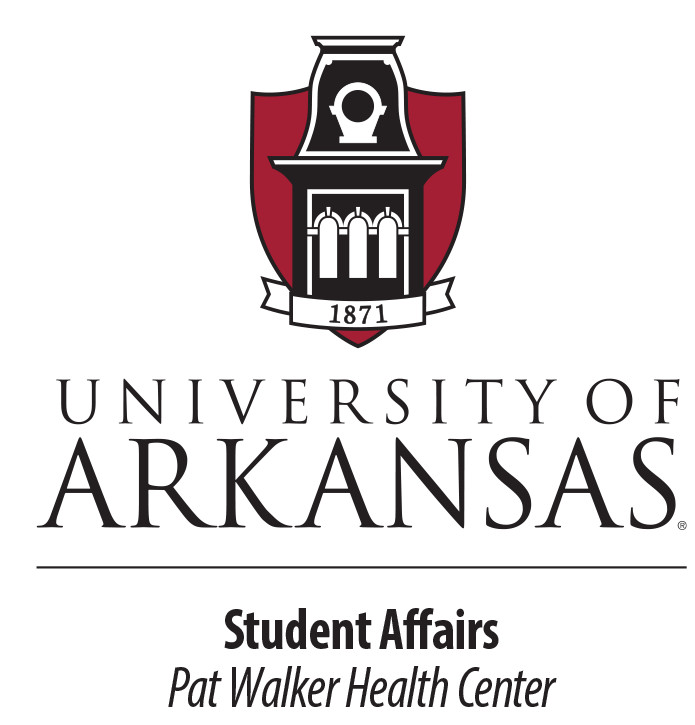The American College Health Association recently released new guidelines for addressing campus sexual assault and relationship violence. The updated guidelines provide colleges and universities with a framework to build comprehensive programs and services that address the public health risk.
"As an institutional member of ACHA, the Pat Walker Health Center benefits from the combined expertise and experience of ACHA members whose profession is to address all aspects of sexual and relationship violence," said Mary Alice Serafini, executive director at the Pat Walker Health Center. "These comprehensive guidelines provide a framework for our campus to continuously evaluate and improve the University of Arkansas sexual assault prevention, education and advocacy programs and services provided by the Pat Walker Health Center."
STAR Central director and RESPECT adviser, Mary Wyandt-Hiebert, PhD, MCHES, CWHC, who serves as co-chair of the Creating Guidance for Addressing Sexual Assault Task Force, helped write the new guidelines that focus on trauma-informed policies and practices.
"Using best practices from leading experts, the ACHA believes campuses should incorporate trauma-informed practices in all aspects of care in order to provide a more sensitive response and to lower the risk of re-victimization," said Wyandt-Hiebert. "The latest guidelines give every institution the opportunity to reflect on their current system and to further develop and enhance programs and services related to the prevention, risk reduction and response to campus sexual assault and relationship violence."
According to the ACHA guidelines, student victims and survivors of sexual assault and relationship violence often experience negative affects such as alienation, barriers to academic success and graduation, physical and mental health problems and fear of retaliation.
Trauma-informed approaches aim to reduce the negative affects by emphasizing physical, psychological and emotional safety for both victims/survivors and the campus community. The comprehensive guidelines encourage colleges and universities to develop and enhance programs and services so that they are delivered in a way that facilitates participation from the victim/survivor and reduces the chance of re-traumatization.
"The guidelines provide a framework based on best practices and a wealth of expertise from many disciplines," said Wyandt-Hiebert. "As we continue to advance our education programs and advocacy services, these guidelines assist with reinforcing current and impactful approaches, while affording the opportunity to further develop evidence-based practices as we gain evolving insight about sexual and relationship violence."
About Pat Walker Health Center
The Pat Walker Health Center provides public health surveillance, medical care, mental health care and wellness and health promotion for the University of Arkansas community. Clinical services are provided by board-certified and licensed physicians, advanced practice nurses, mental health clinicians and certified health educators.
About STAR Central
STAR Central, an office in the Pat Walker Health Center's Wellness & Health Promotion Department, provides Support, Training, Advocacy and Resources on Sexual Assault and Relationship Violence. Developed in 1998, STAR Central addresses the issues of sexual assault and relationship violence through the provision of awareness campaigns, education programs, and victim advocacy services.
Contacts
Zac Brown, assistant director of communications
Pat Walker Health Center
479-575-4649,
